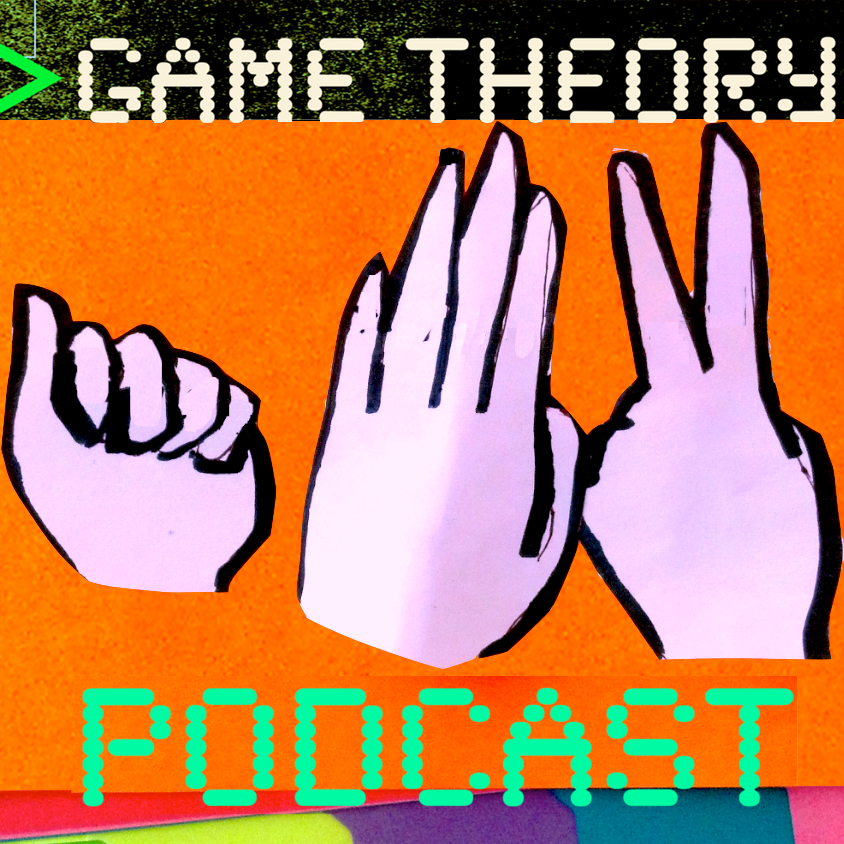
E11: Wikification
Recorded on November 21st, 2012 with Brian Fife, James Fingal, and Thomas Westberg.
We’ve seen a dramatic shift in the way games are supported on the internet. Early on, gaming guides and magazines, as well as the occasional online FAQ or spoiler guide, were available, but now it’s almost a given that any game with a reasonable fan base has one or more dedicated websites around tricks, tips and strategies.
Two of the biggest changes are that site platforms like wikia make it very easy to create these player-supported websites.
It is also now common, particularly for large MMOs, to have the data files for the game reverse engineered. So-called “database” websites can provide a comprehensive list of all the items that could appear in the game before players have discovered them.
Jim, Brian and Tom talk about how these changes have impacted the way we play and interact with games. There’s certainly an opportunity for “help sites” to smooth over a rough patch in an otherwise well-designed game, but jumping directly to the loot tables has the ability to take a lot of the discovery and mystery out of a game… is it even possible to design a game with ‘secrets’ anymore?
Referenced items:
World of Warcraft, Quest Tracker, Nintendo Power Magazine, Final Fantasy Three, gameFAQs.com, Monkey Island, Nethack, Dead Rising, Dark Souls, Fallout Two, Skyrim, X-Com: Enemy Unknown, The Witcher, King’s Quest Four, Deus Ex: Human Revolution, World of Tanks, Starcraft, Tetris, EvE Online, Grocery List Strategy - Tobolds Half Life Two, Portal, Fez, Jonathan Blow, Secret World - Tom Chick, Star Wars: The Old Republic, Mario Kart, Letterpress, Spell Tower, Lose/Lose - Zach Gage, Bit Pilot, Eufloria, On the Wind, The Last Rocket, Pulse, Blind World, Infinity Blade, Eliss, Guitar Hero, Torchlight, Dead Trigger, Zombi U, Knights of Pen and Paper, Windosill, Super Crate Box, Jetpack Joyride.